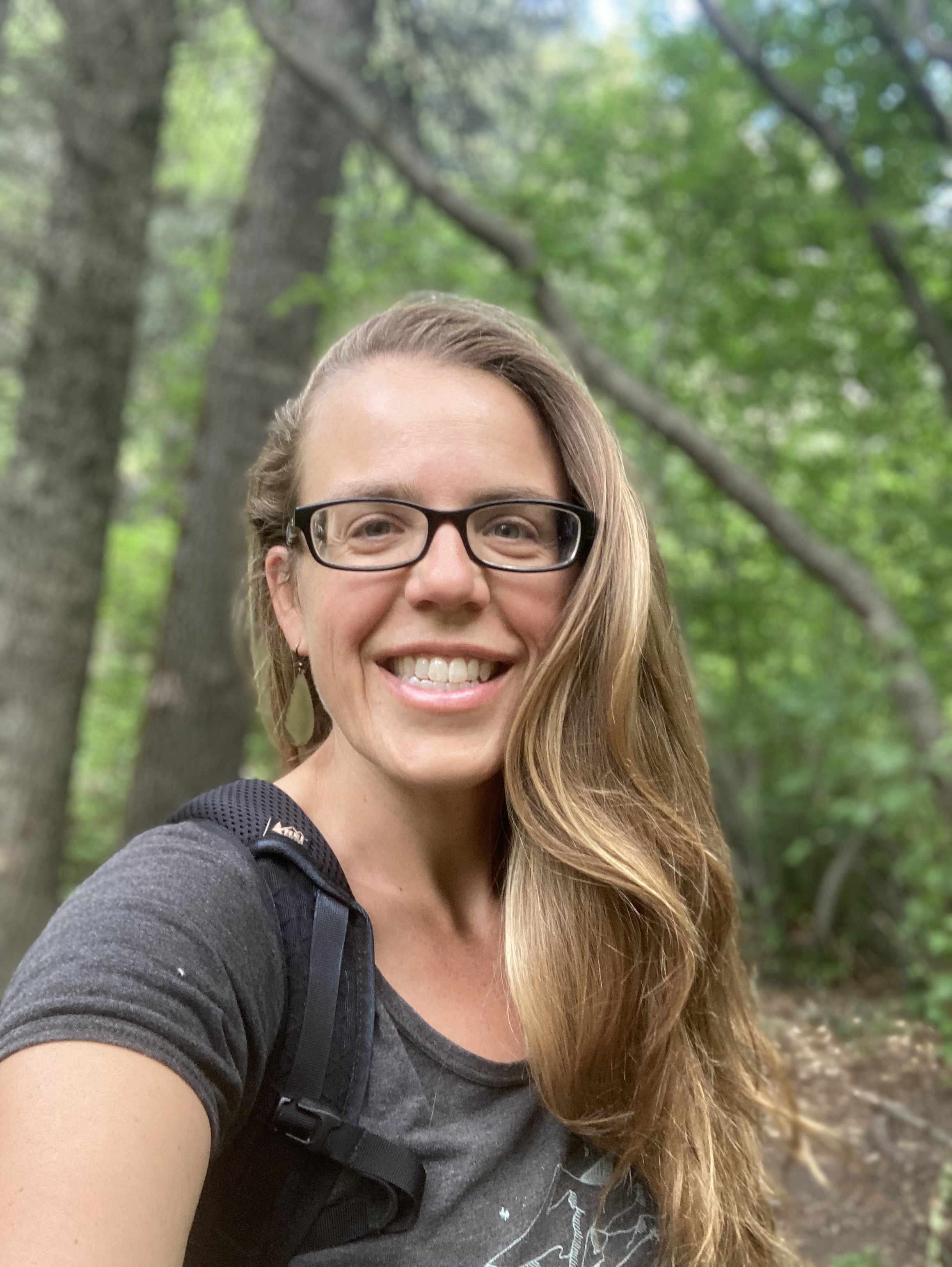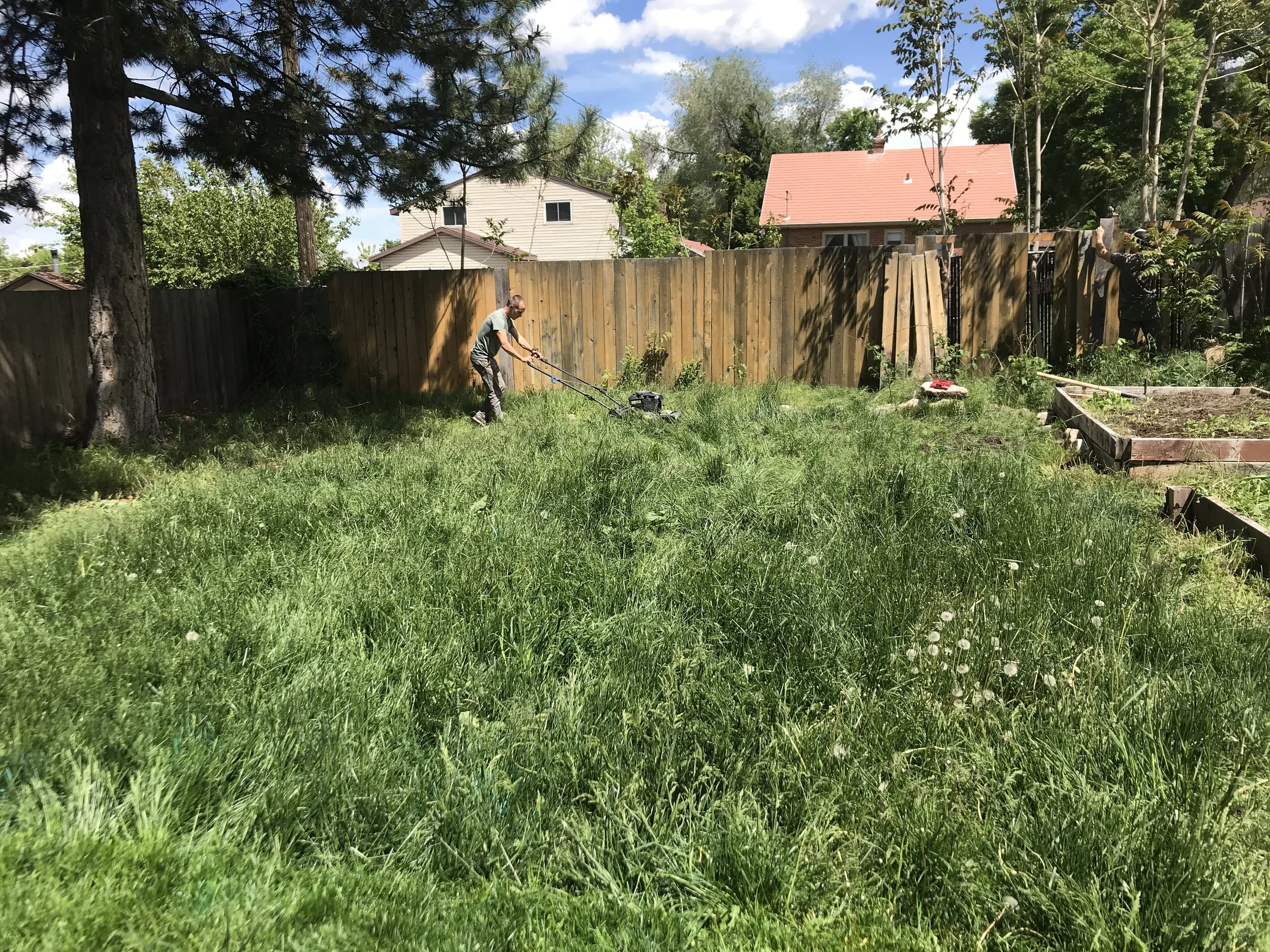The Simple Life- Or is it?
“The Simple Life”
Is a phrase that often gets tossed around in the homesteading/DIY/back-to-the-land crowd. I certainly used the term back in the day when I was just starting my journey down this road, towards something that could be called a crafty-resilient-connected-life. The lifestyle that many of us aspire to is anything but simple. The standard consumerist lifestyle is much simpler, you can get everything your heart desires at the click of a button. Mindless consumption to me is a shallow way to live, I prefer a not so simple, even nettlesome path.
The fact that the life I aspire to live is anything but simple is actually the reason I call my blog “The Nettlesome Life”. I want to live a life that is connected to the food I eat, the clothes I wear, the home I live in, and the environment that surrounds me. That requires a lot of inconvenience; learning and perfecting a lot of lost skills takes time, effort, tools, and materials. When I started down this path, I only knew how to make brownies from a box, and it was the desire to make my food from raw ingredients that sent me down the rabbit hole.
This way of life requires you to have and care for a lot of things, from plants and animals, to food prep equipment, power and hand tools, crafting materials, a library of country skills books and, best of all, a few good friends who can help you build skills and share knowledge (and help drink those bottles of beer you all tried brewing together) .
The funniest part about this lifestyle is that before the industrial revolution, this was the way life was. You lived in large families or with multiple families and you all worked as hard as you could to make, grow, and produce the majority of what your family needed.
The term “self sufficiency” is really a misnomer because no one can be completely self-sustaining.
I wouldn’t want that anyway. Being able to rely on others and share your knowledge or tools with them and ask for help is such an important part about living a connected life. What would be the point of being connected to the land and your food, but not be able to share that with people you care about?
I own a lot things, from sewing and knitting supplies, to brewing, milling, and canning equipment, as well as power and gardening tools. I used to keep chickens before I went on a plant based diet (more on that another time) and keeping domesticated animals requires even more stuff. I also have an extensive library of books. Yes, paper books, the kind you can doggie ear and markup with a pencil and take outside and get compost all over. I don’t mind having lots of things in my life, but the key to them is utility, beauty and enjoyment. I try to make purchases very carefully taking into consideration first if I can make it myself, if not, can I buy it handmade or as locally made as possible and from natural material if possible. Then if I have to purchase it, I will choose quality over cheapness. Even if that means I have to wait six months to buy it and work it into my budget. I prefer making one time purchases that can be repaired if broken. I try to keep my grandmother’s advice in mind , “Waste not, want not”. She lived through the great depression and World War II and had eight children to feed, so wastefulness was definitely not part of her life.
Before stepping off my soap box I’ll just say this: knowledge is power. A connected and mindful life is extremely satisfying, even if there are times where it feels extremely difficult or inconvenient. Sure you can just buy a 24 oz jar of jam at Costso for $7 , but it won’t be the same as picking berries yourself and making them into jam and sealing them in jars, and then eating it in the middle of the winter and remembering the warmth and sweetness of summer.










